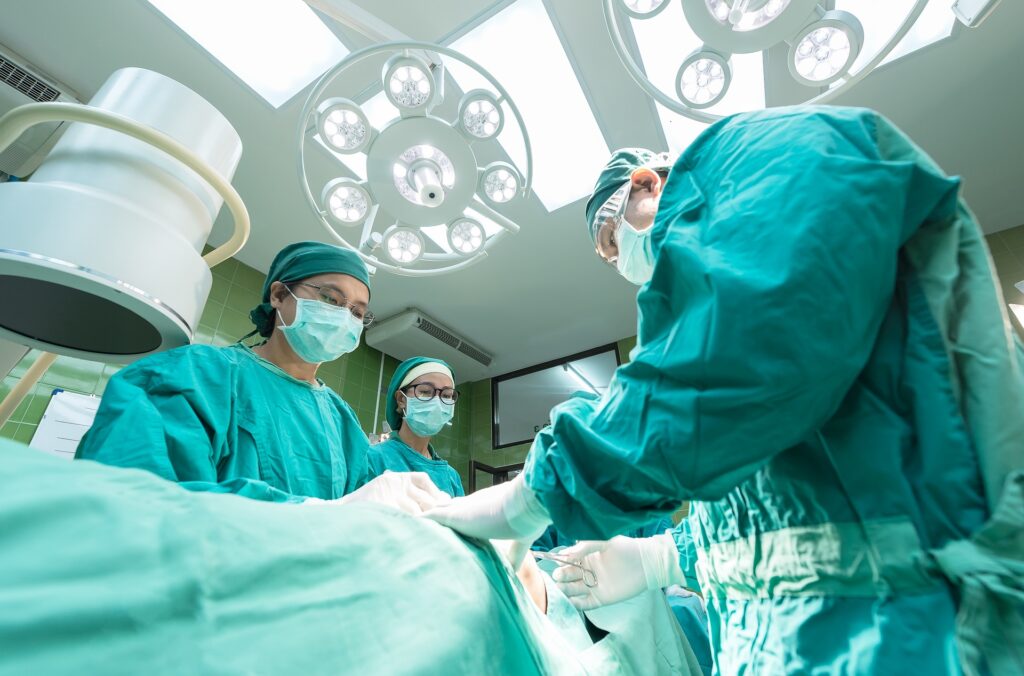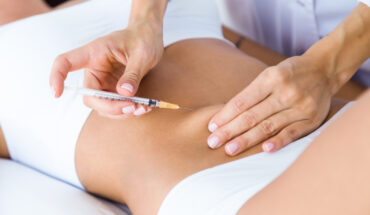
Having surgery is never fun, regardless of how major or minor your procedure may be. While surgery is generally necessary and hopefully results in an improved quality of life, the aftereffects can be quite daunting.
Sure, there will be a bit of pain and discomfort at first – that’s a given, but your doctor will also make sure that you have plenty of medication to help manage it. There are a few extra things you can do to help make your body feel a bit more comfortable and to promote a quicker recovery period. Take a look at our tips below.
Listen to your doctor
There is really no point in not following your doctor’s orders. No matter how busy it may be at work, if your doctor tells you not to go into the office for a week or two, don’t go. Even if you feel up to it, stay at home and rest. All too often, recovering patients jump the gun and resume their regular activities before they have properly healed – not only can this cause post-operative complications, it could greatly hinder the healing process. Follow your doctor’s orders to the T and communicate with them if you feel something is off. Surgery is a big deal and your body needs adequate time to heal.
Inspect your incision
A lot of people are quite freaked out by their incisions, and this is completely normal. It is important to take a good look at your incision whenever possible, such as when you are changing the dressing. Pay attention to whether or not the incision changes colour from pink to red, for example. Also look at if there is any wound drainage and what colour that is. It is important to pay careful attention to your surgical site and to report any alarming findings to your doctor immediately – your incision can provide a great deal of insight into what is happening beneath the skin and will alert your doctor to any possibility of infection.
Eat well and stay hydrated
One of the most important things that you can do for your body as it tries to recover is to nourish it. After surgery, many patients report feeling a bit under the weather and nauseous, often due to the aftereffects of anaesthetic. However, it is vital that you try your best to ensure that you feed your body a healthy diet and stay hydrated, as this will help provide your body with the strength and energy it needs to fully recover.
Rest
As far as possible, rest. Rest is our bodies’ way of recharging and without it, our immune systems become run down and we struggle to heal. Sleep whenever you can, stay in bed and register to play now, and take it easy for the first few days after surgery, or at least until your doctor gives you the go-ahead to start moving around a bit more. Remember that your body has been through quite an ordeal and will be so grateful for some time to rest and recuperate.


